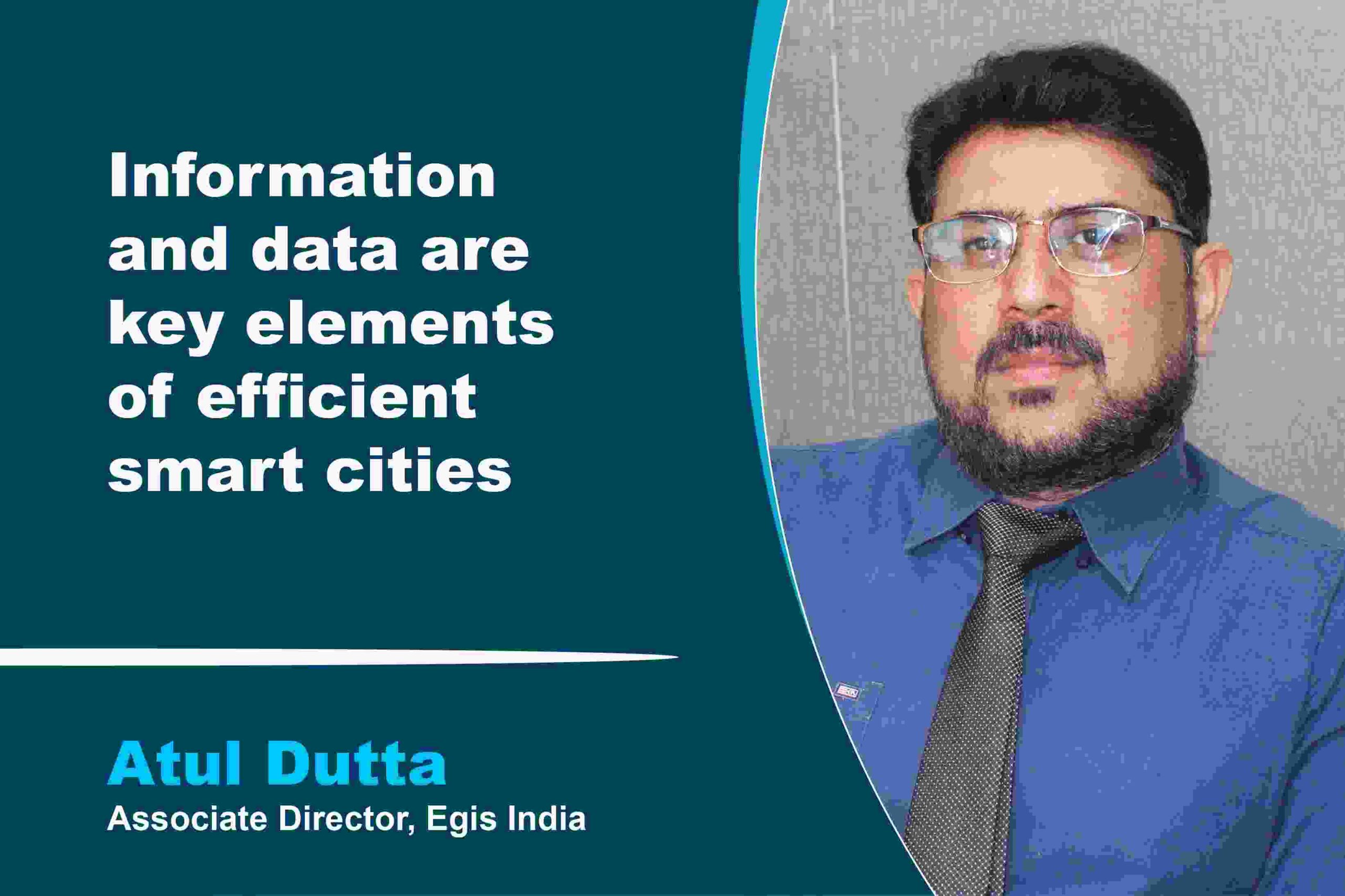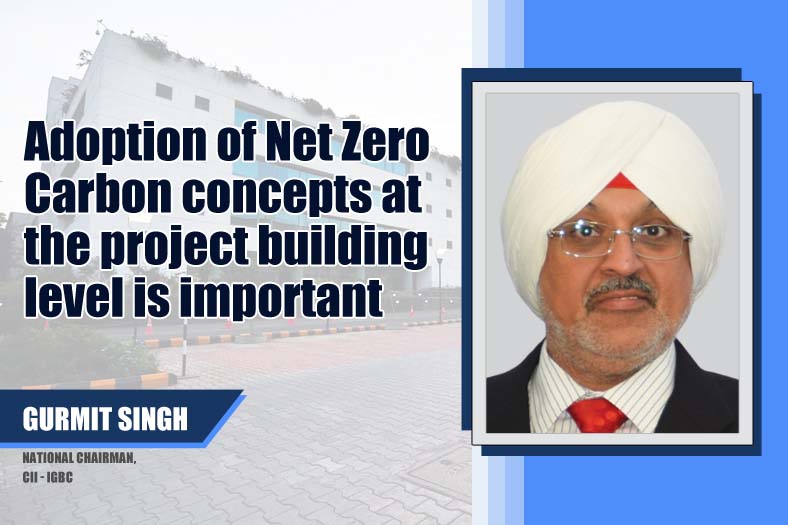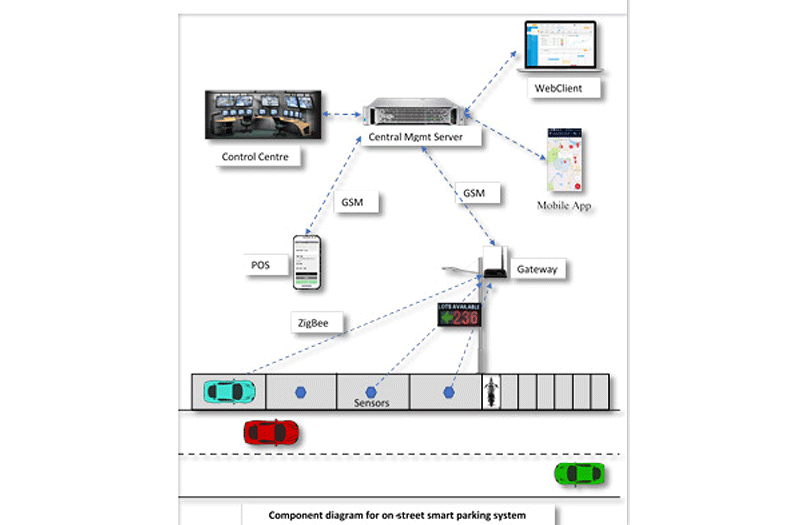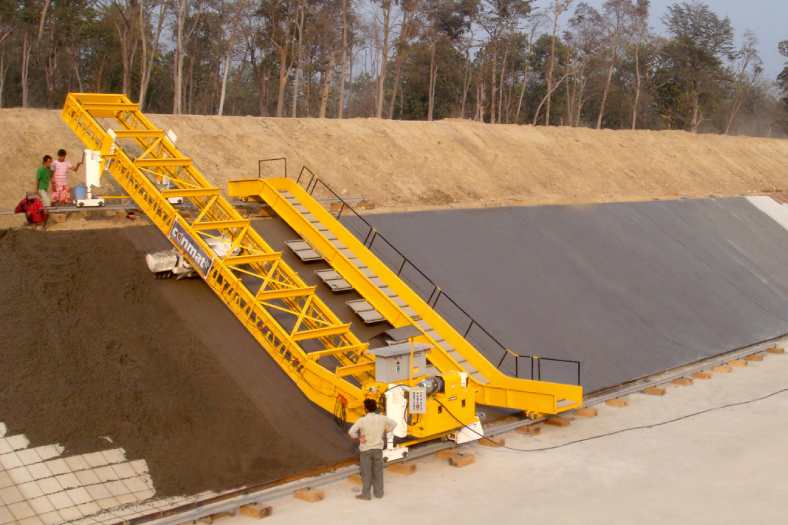Addressing project management challenges
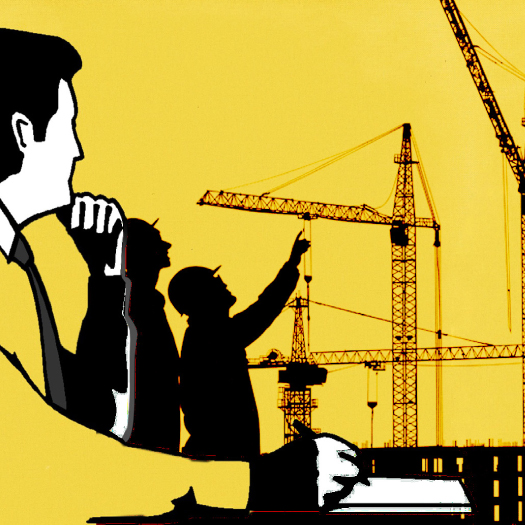
Expert highlights the challenges in project management and construction management
I today’s times, infrastructure is the yardstick of growth and development. We all live in countries and cities that are out there battling on a daily basis to have the best infrastructure and the best real estate development. While a lot of it can be achieved by pumping in millions of rupees and just waiting for a miracle to happen over time, unfortunately we do not live in an era where we can afford to waste so much money and time. We live in an age where optimisation is the goal, where making sure you get every penny’s worth is the name of the game.
The real estate industry, in some ways such an optimistic risk-taker, can be rather conservative in the adoption of new techniques or methods; it has basically been building things the same way for several decades. Our cities today with fast evolving cityscapes are like live art. To reach this point a lot had to be worked and reworked over time. Construction is no longer a simple affair. It is no longer a single function operation. With increasing design complexity and construction technology, today a real estate project involves various verticals of business working together simultaneously. Design, manufacturing, construction and finance teams work simultaneously to bring out the best. With so many functions working together and being interconnected and dependent in more than one way there is a lot of time that goes waste in waiting for one or the other vertical to catch up with your pace.
Project management brings strategy and synchronisation up from the drawing board to the work site and implements it on everyday tasks. A little over a decade ago we saw the advent of project management, changing the way this nation’s construction business functioned. It dwells deep into the detail of everything and brings out the most optimal way of working. A single point of contact on behalf of a client starting from conceptualising to project handover is the single goal that every project manager wants to achieve. Project managers with their work force places importance on detail scheduling, resource planning, cost management, safety and quality management.
With resources becoming harder and harder to find by the day, prices have shot up exponentially. Builders and developers no longer can let projects take excess time or resources. They are facing a lot of pressure from buyers and now with the introduction of the RERA (Real Estate Regulatory Authority) are even under pressure from the government. They are required to make sure that every project they work on has a fixed timeline that they adhere to. With this increasing stress, there is a change in the way builders perceive project management firms today.
Project management appears to iron out the entire issues but the challenges they face in order to do so are tremendous.
A construction project schedule is never definite. It can change exponentially in just matter of a few hours. This makes close monitoring of schedule progress and a rigorous enforcement of change management controls, both extremely important to maintain a viable project schedule. In addition to the typical issues related to resources and budget, a partial list of the constantly shifting constraints that must be juggled in order to maintain a construction project schedule include a host of enterprise environmental factors such as: weather, geography, geology and other regulatory constraints, and numerous stakeholders representing a wide diversity of interests in the project.
Cost is another factor that poses one of the biggest challenges today. Budgets have reached an all-time low and margins are razor thin. Excess costs for sub-contractor or caused by delays are no longer acceptable in this industry. All contractual expenses tend to be subject to enhanced scrutiny, both before as well as during the contract administration process.
Procurement and contracts are a major part of any project manager’s scope of services. With constant need for resources and varying prices and vendors there is a challenge for project managers to keep it as efficient as possible. With varying sub-contractors moving in and out of the project there must be clarity in the contracts and there is no margin for error here.
While project management is a whole process of applying tools and technology there is one major aspect of project management that is often left out. It is not about what tools you use or what technology you use. A lot of times project managers are so engrossed in making use of these tools that they forget to find the optimal solution and only end up applying tools and theories to the project. It is very important that a project manager actually makes the decision whether to use a tool or to stick to a traditional method in order to get the best results. It is important that all actions lead to a solution that is the best for all interests. This human factor as I have observed over time is neglected and should be encouraged more.
With tremendous potential in today’s fast moving markets and a few challenges in sight, project management is going to be another mainstream service in the construction industry like it is in the world of technology.
Authored by__
Sankey Prasad,
Chairman and Managing Director,
Synergy Property Development Services
Cookie Consent
We use cookies to personalize your experience. By continuing to visit this website you agree to our Terms & Conditions, Privacy Policy and Cookie Policy.






